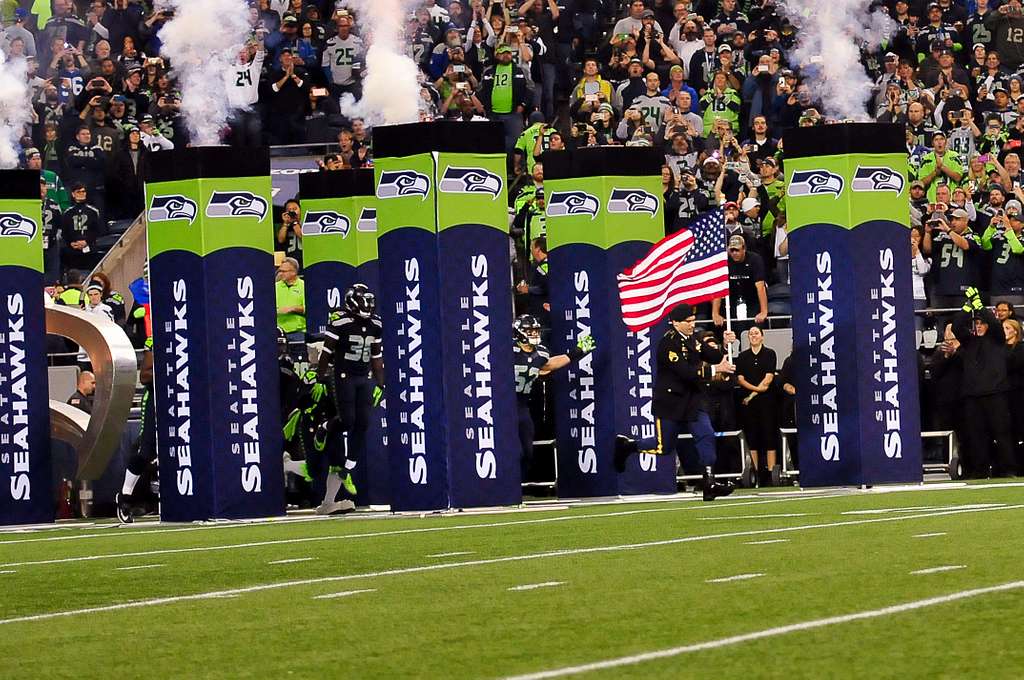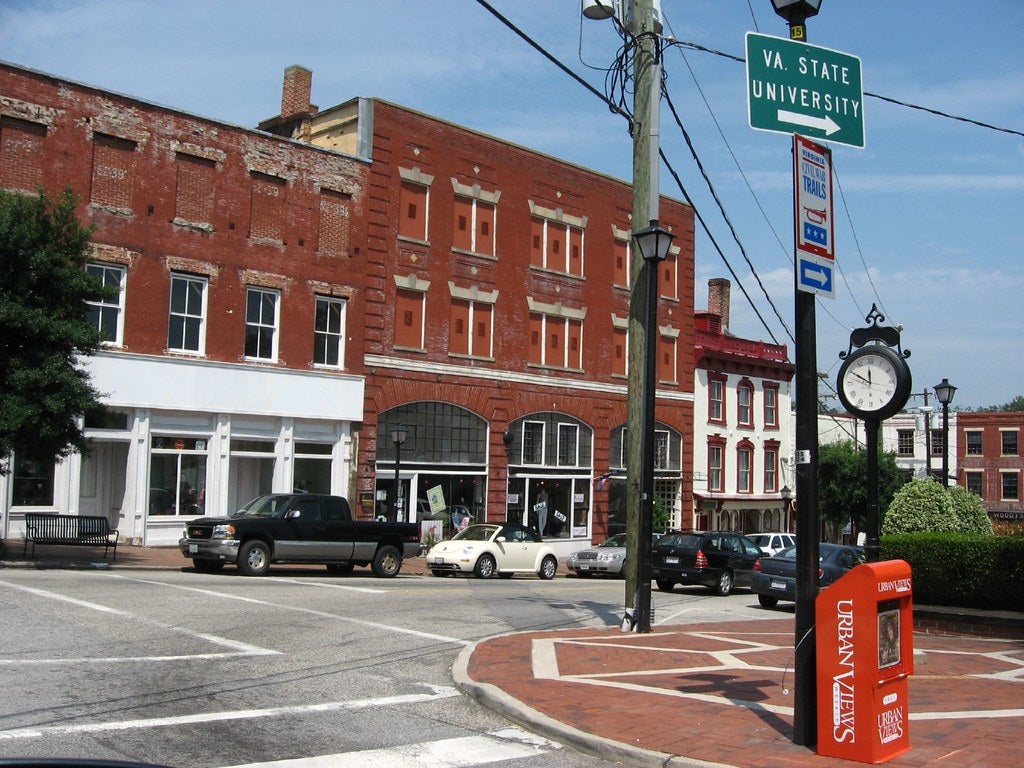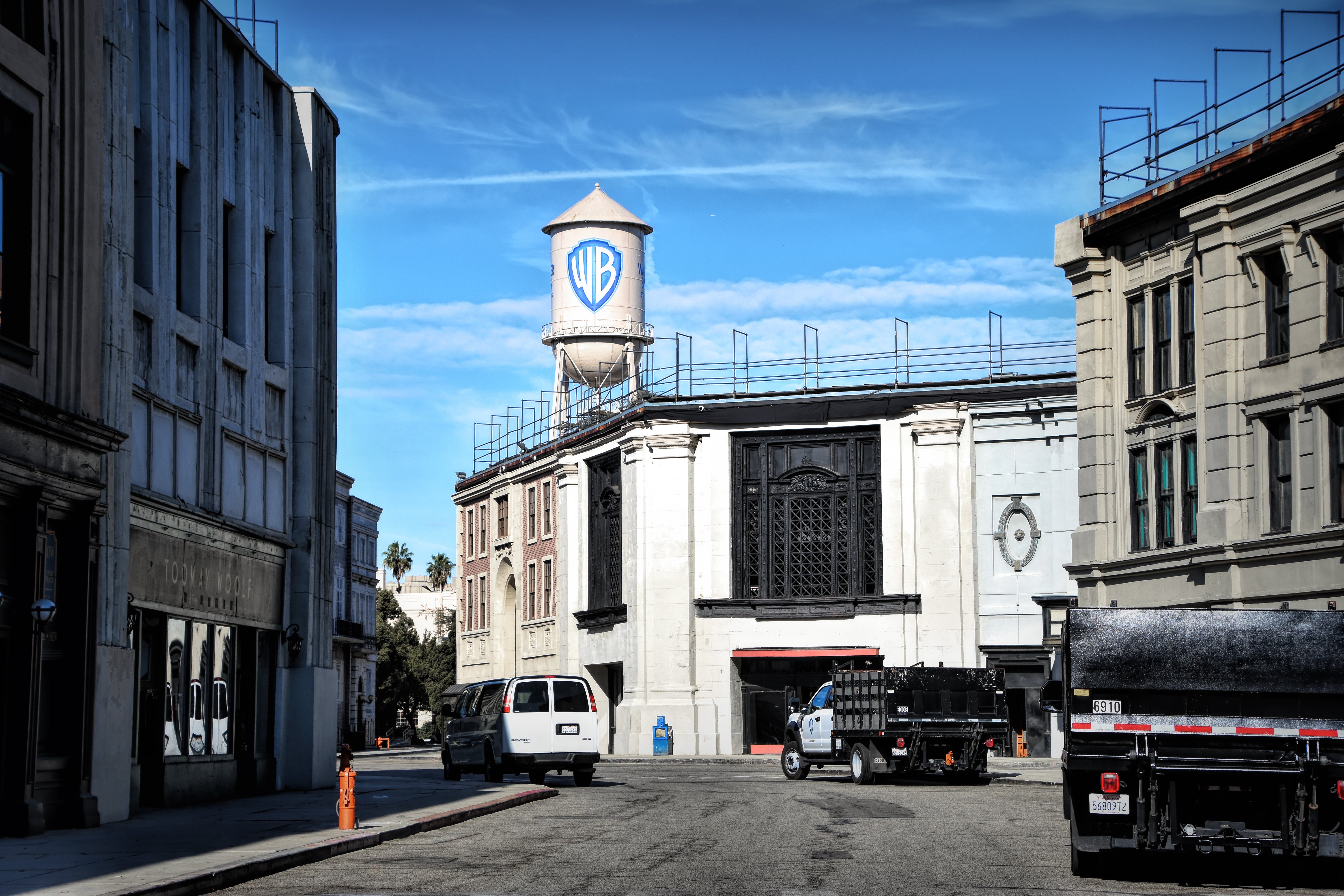Encore Boston Harbor criticizes bill
The bill, presented by Rep. David Muradian, would allow the MGC to regulate iGaming and impose a 15 percent tax on operators.
Massachusetts retail casinos currently have to pay taxes of 25 percent of their gross gaming revenue; online sportsbooks pay 20 percent, and retail sportsbooks pay 15 percent.
Licenses would also only be granted to licensed casino operators, according to the terms of the bill. If approved, customers would be allowed to play online slot machines, online poker, blackjack, and other common casino games on their mobile devices.
“The rationale that internet casino gambling will increase state revenues does not factor in the significant cannibalization of brick-and-mortar gaming taxes, lost hotel, restaurant, and entertainment tax revenues, lost tax revenues stemming from significant job losses, lost tax revenue from reductions in casino purchases from small businesses and suppliers, and the social costs related to increased problem gambling, bankruptcies, welfare, health care costs, homelessness, domestic violence and family separation, criminal justice impacts, and more,” said Eileen McAnney, executive director of government relations for Encore Boston Harbor.
According to McAnney, Encore Boston Harbor, the state’s largest casino, would be in jeopardy of losing revenue and reducing the approximate $15 million in monthly tax payments it sends to the state.
The cases for and against iGaming
There are only seven states that offer legal online casinos: Connecticut, Delaware, Michigan, New Jersey, Pennsylvania, Rhode Island, and West Virginia.
Despite the market’s infancy, numerous states have held conversations about expanding into the world of online casinos on the back of the sports betting industry’s undeniable success.
Muradian defended his bill, stating that legalizing iGaming would bring online gambling “out of the shadows” and under the scrutiny of the MGC through licensed operators. Customers would be monitored through age and location verification, and integrity companies would monitor transactions.
None of that was enough to convince McAnneny, who shared that the state’s GDP could decrease by $450 million.
“Internet casino gambling is a bad bet for Massachusetts,” she said.
PENN Entertainment, which owns Plainridge Park Casino, is in favor of iGaming if licensees are tied to retail casinos.
MGM Resorts (owner of MGM Springfield) has not released an opinion on the matter.


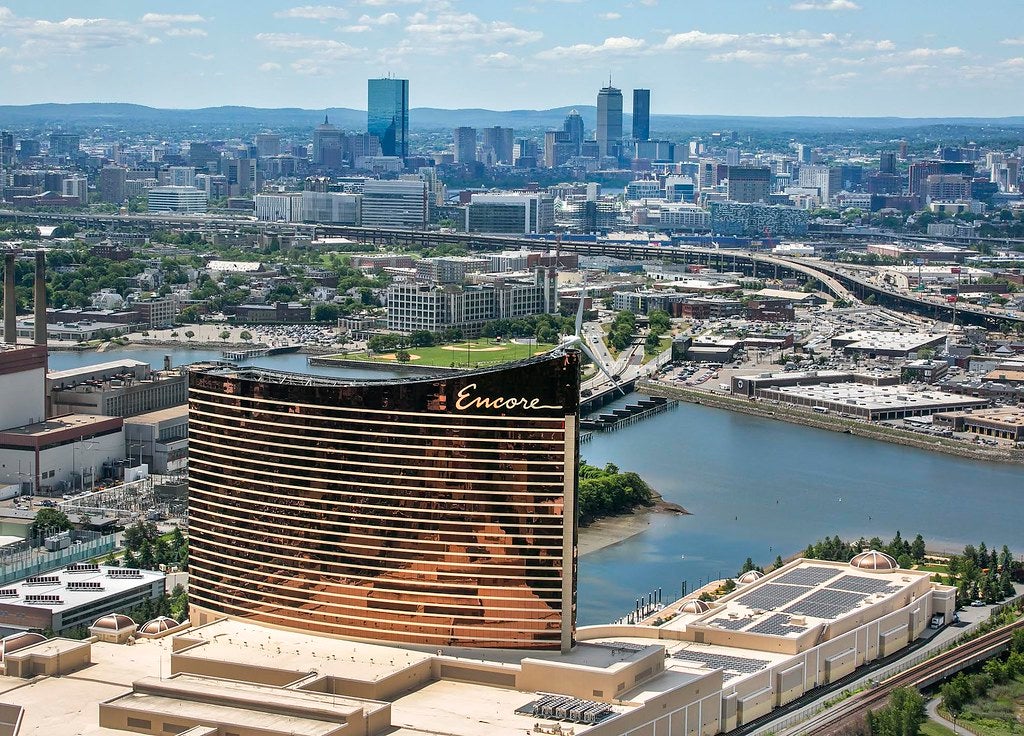




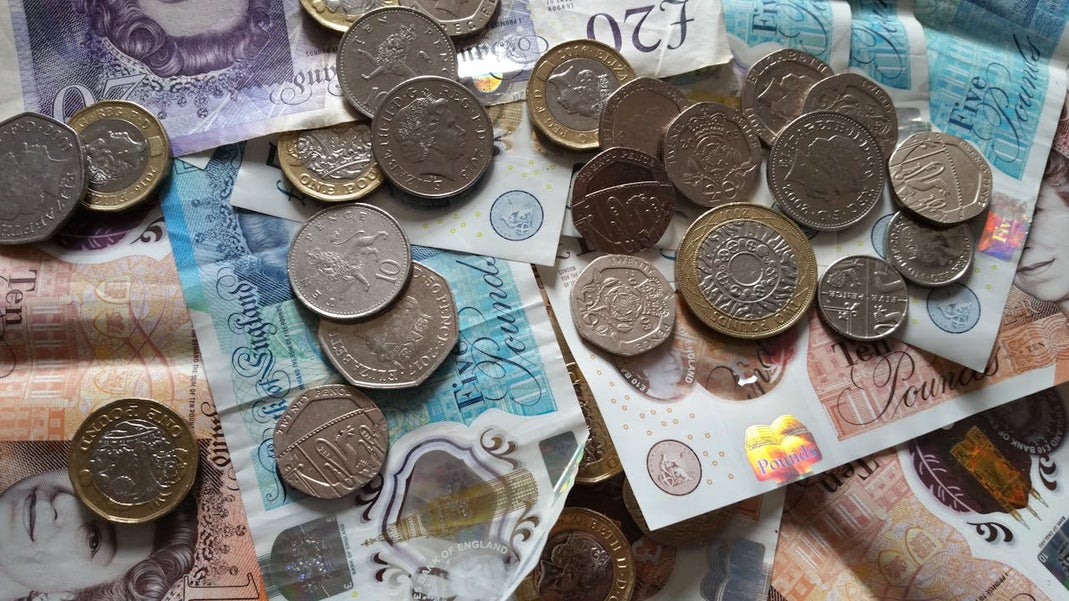

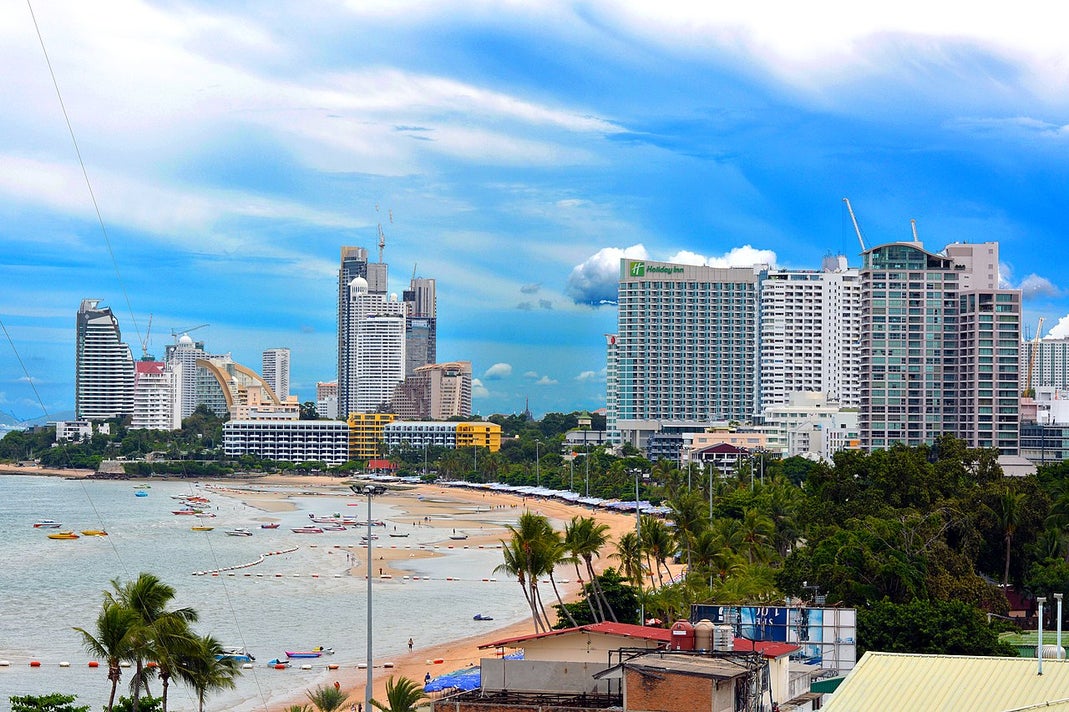





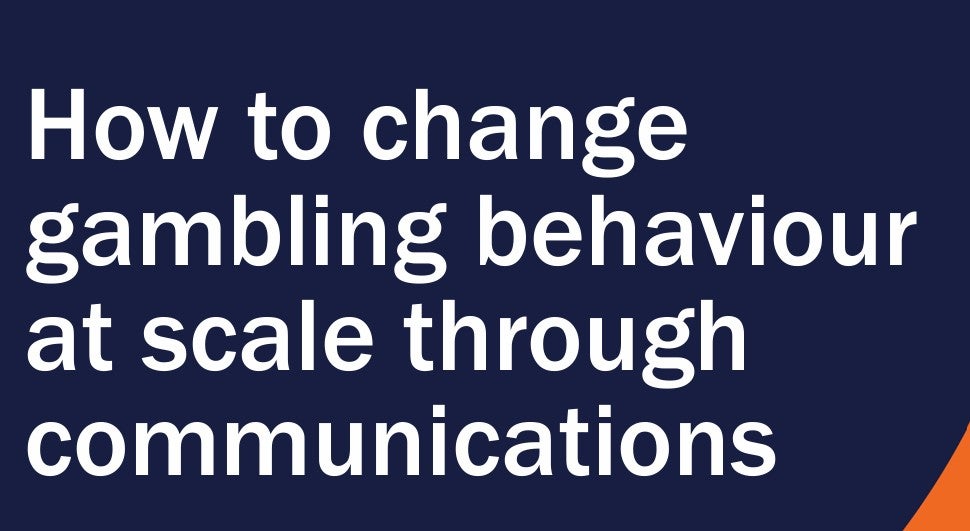


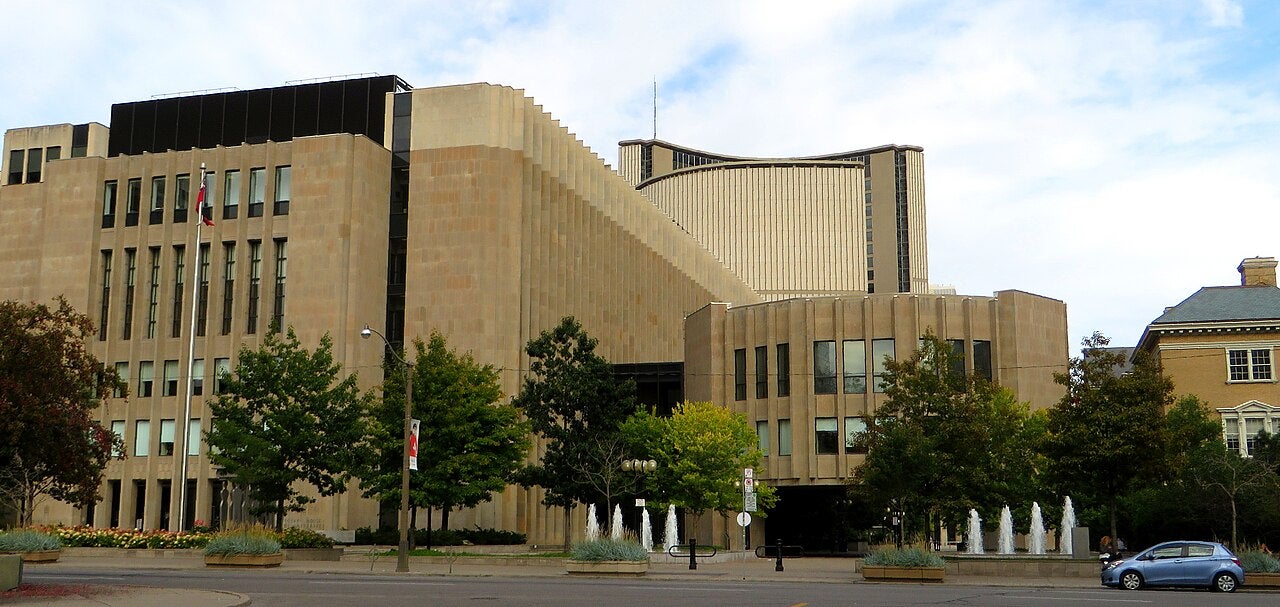





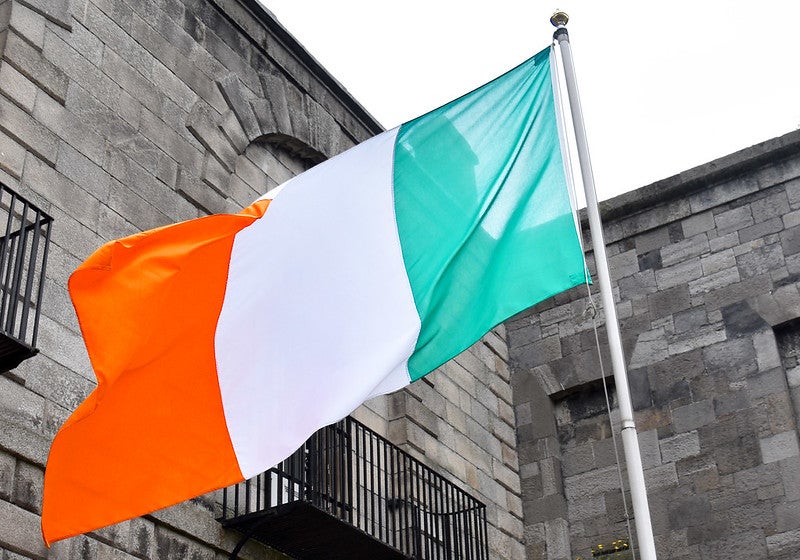
.jpg)

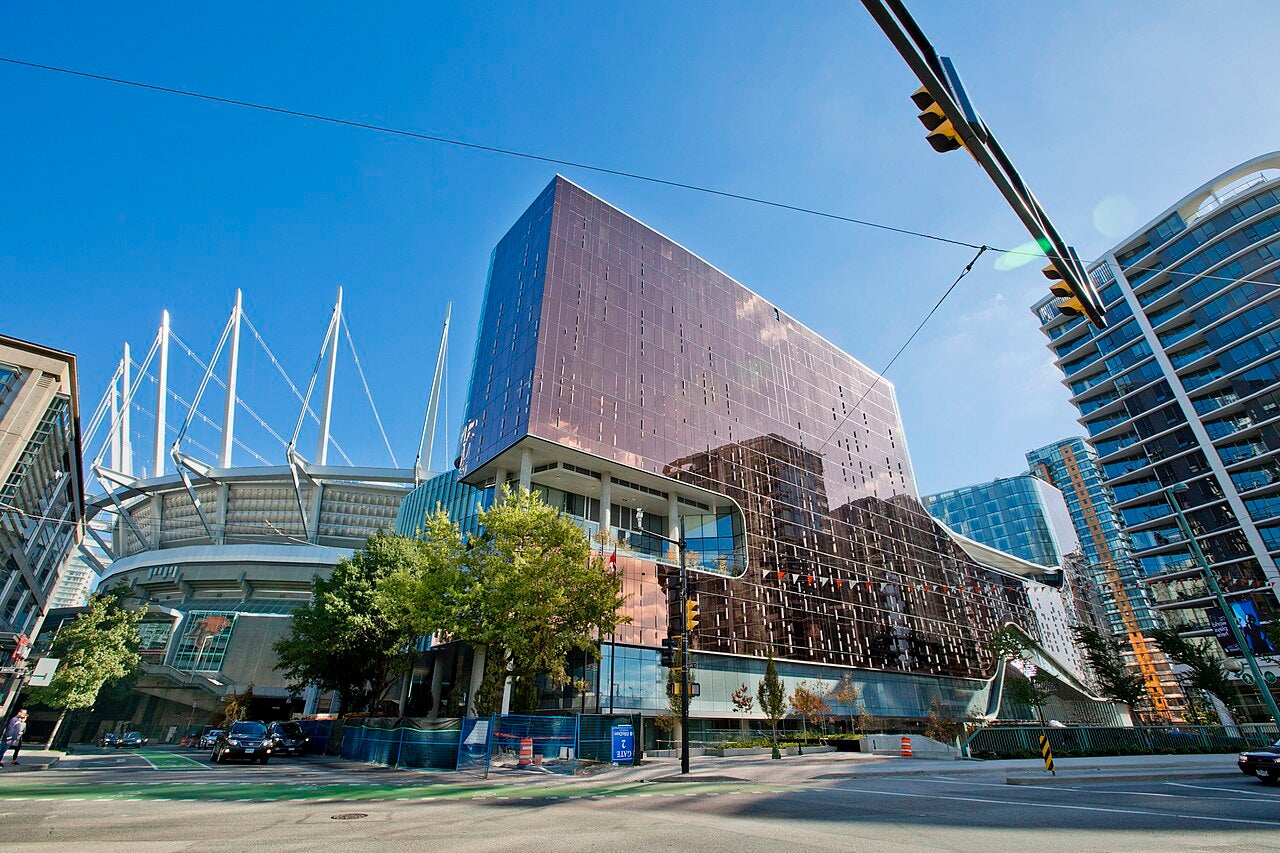
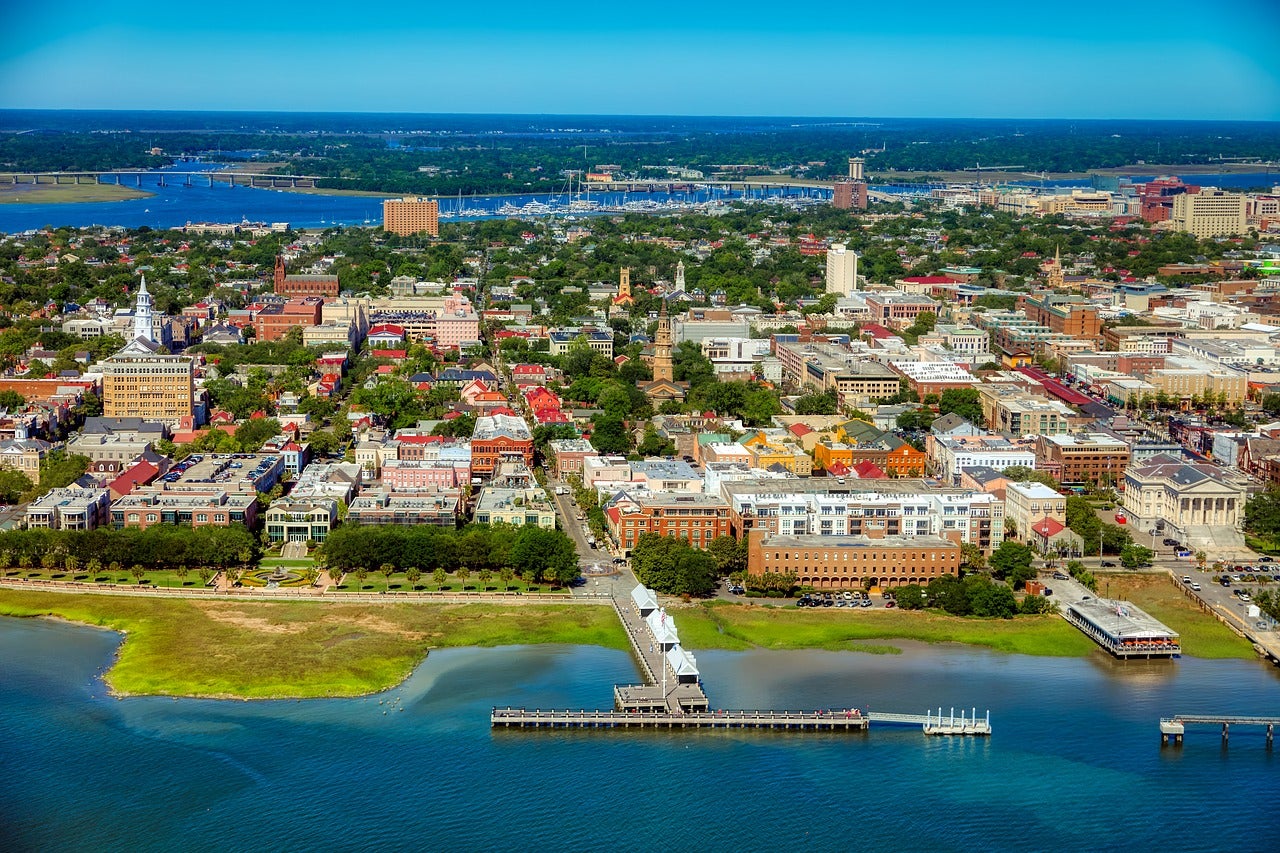

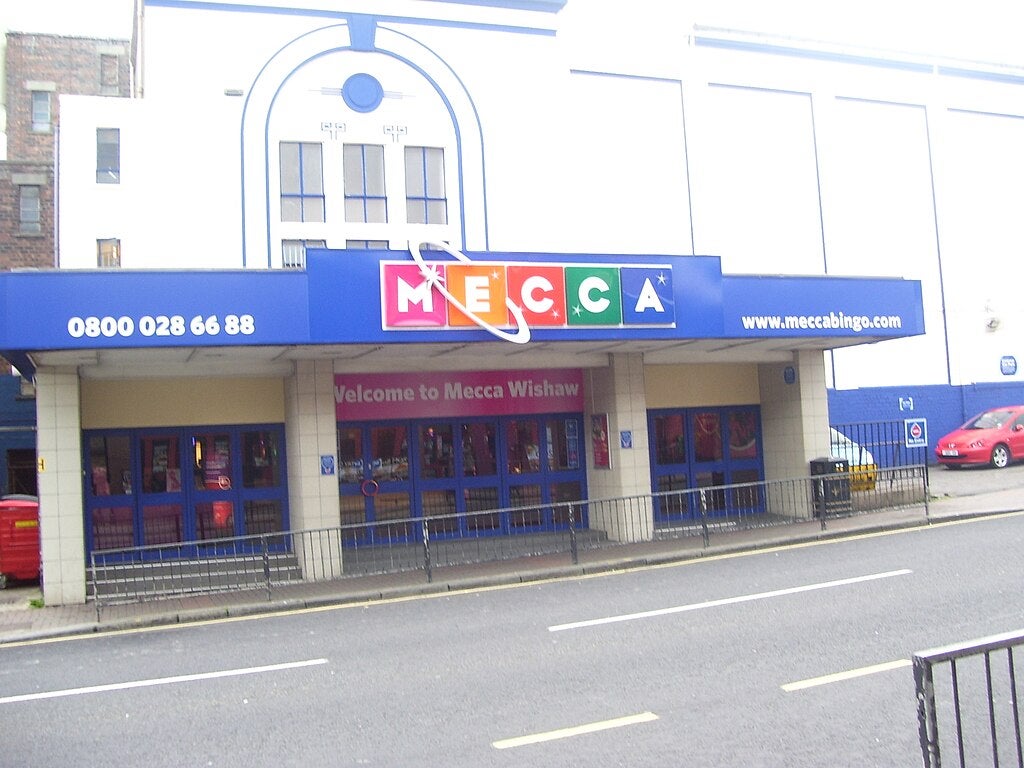
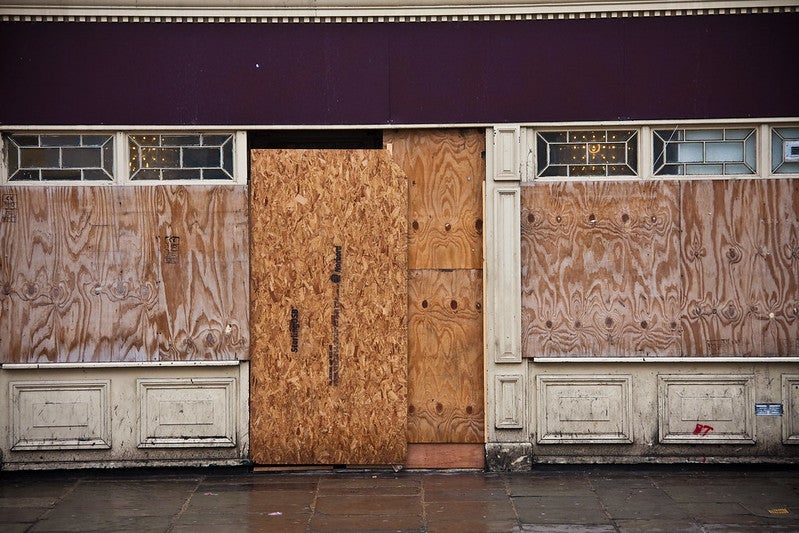
.jpg)
